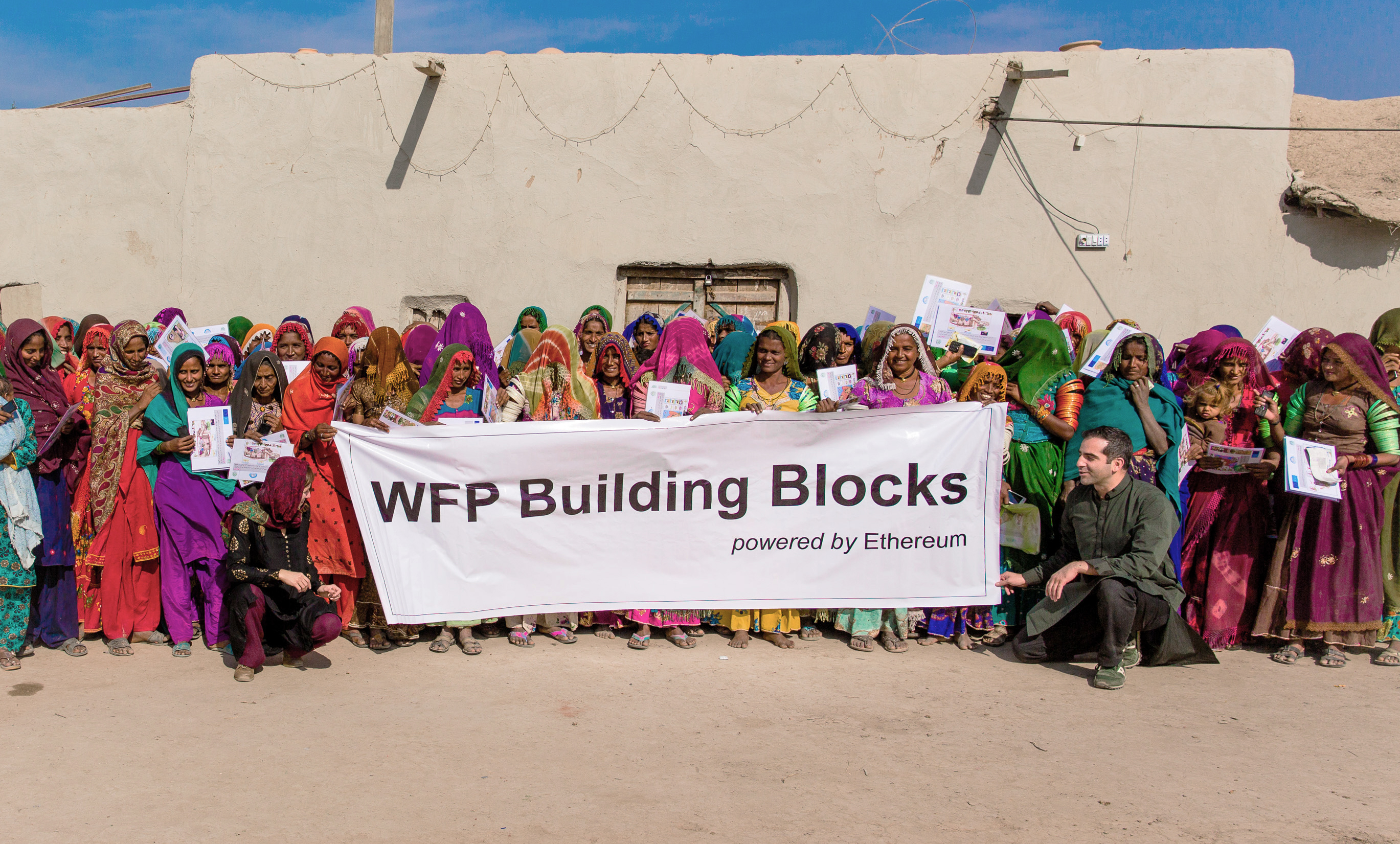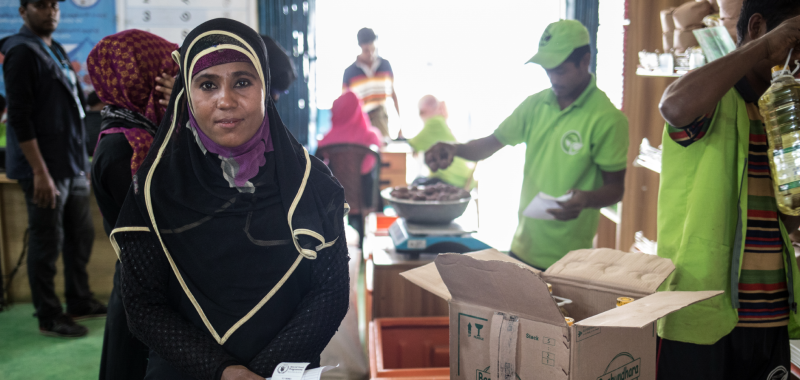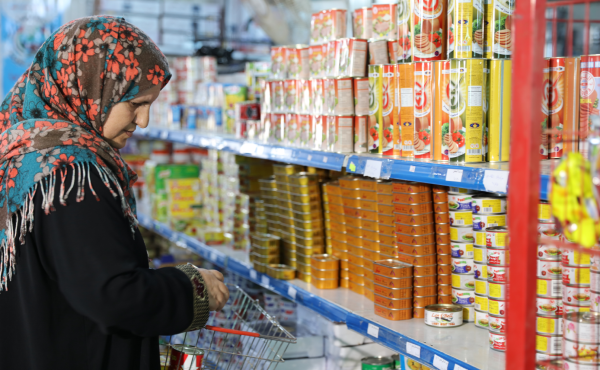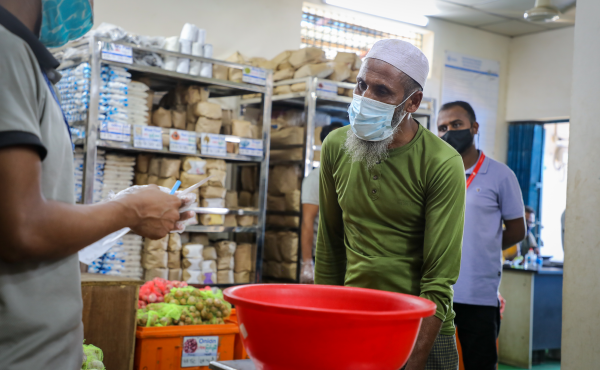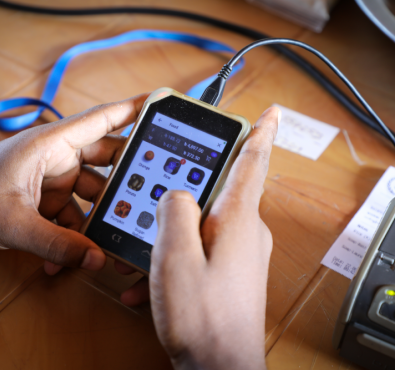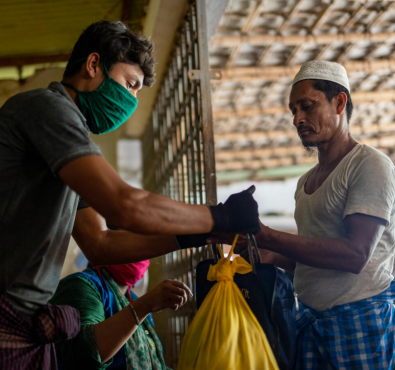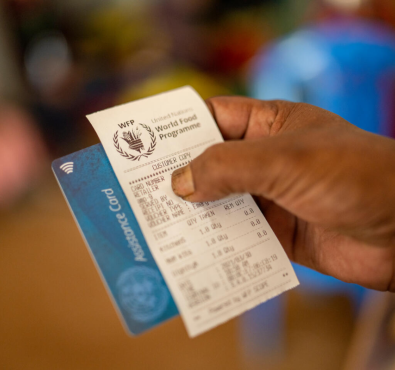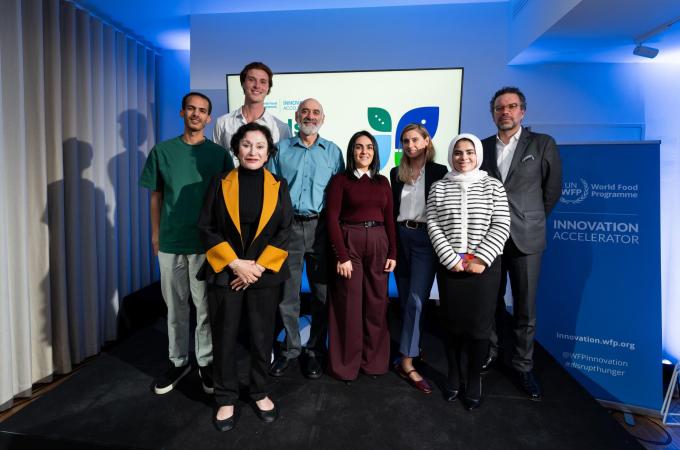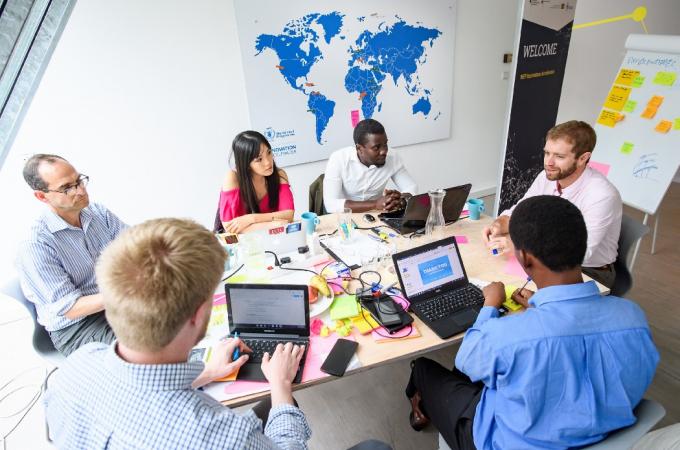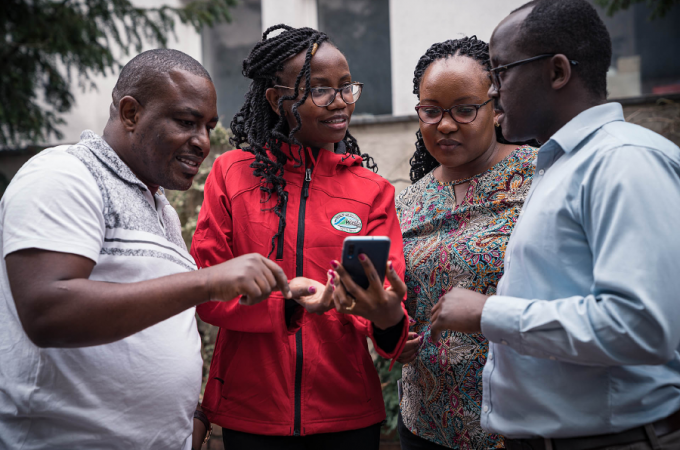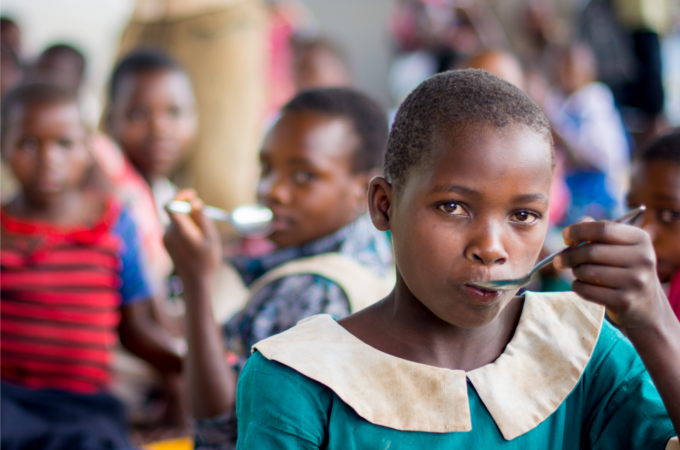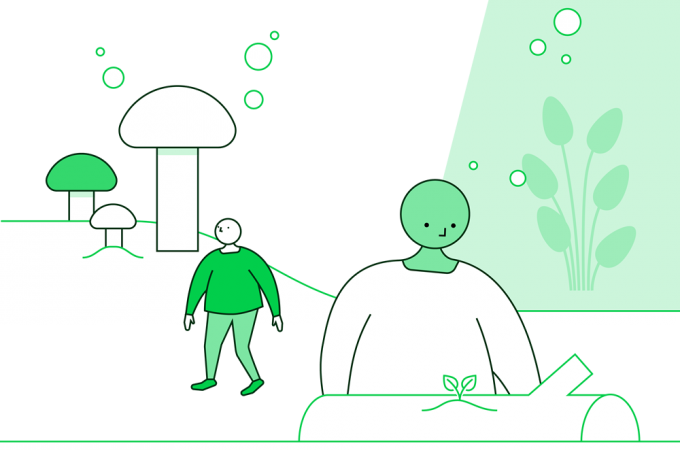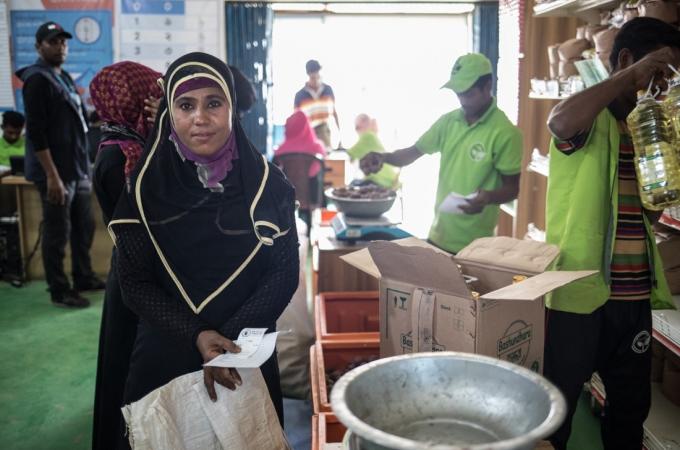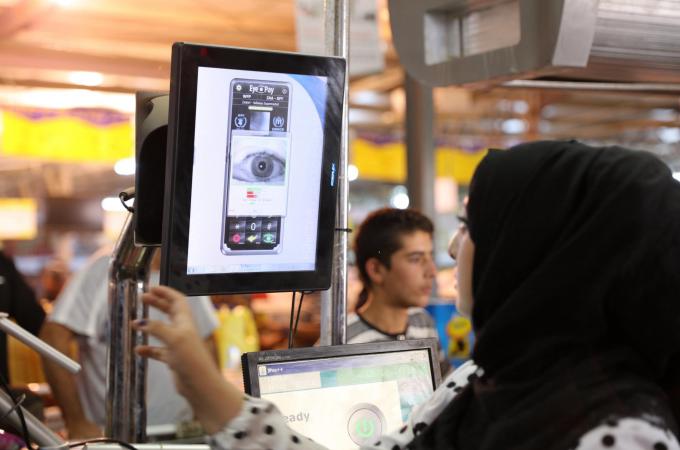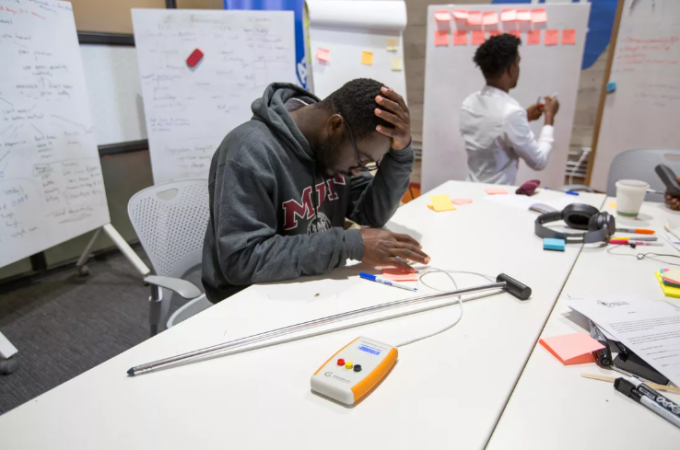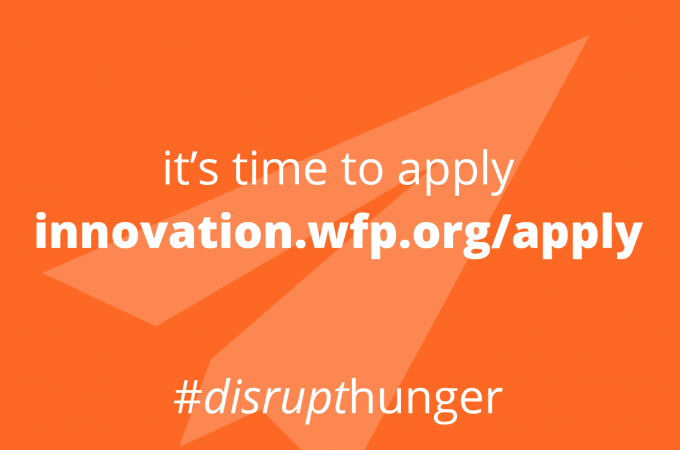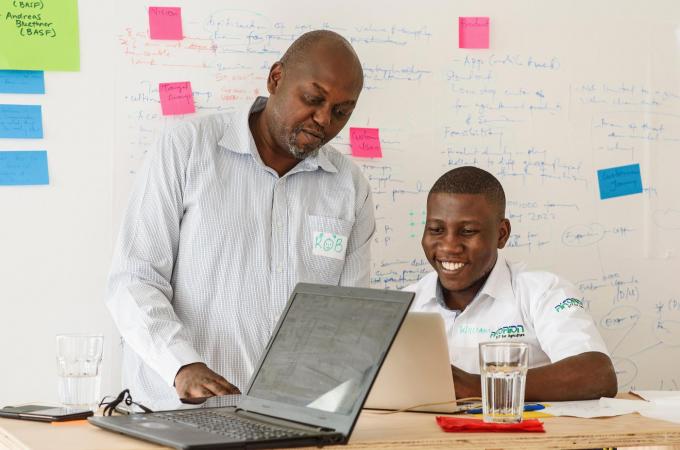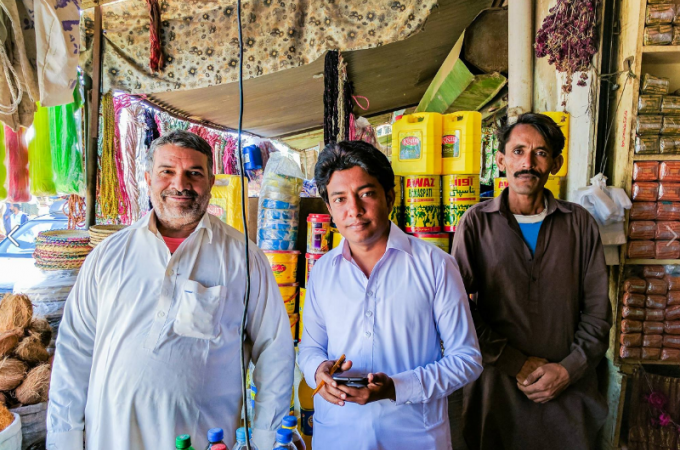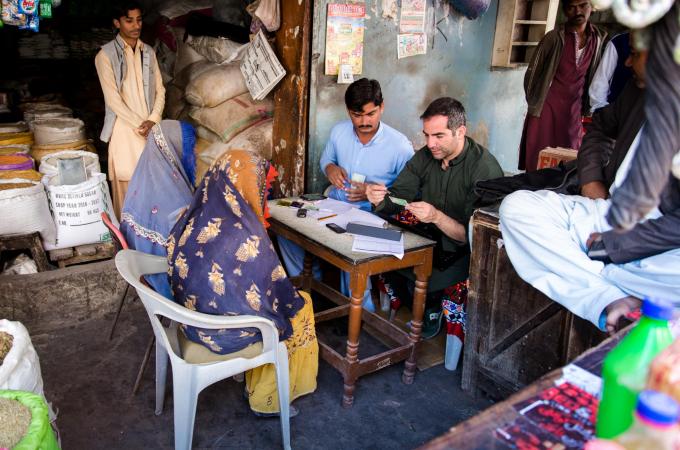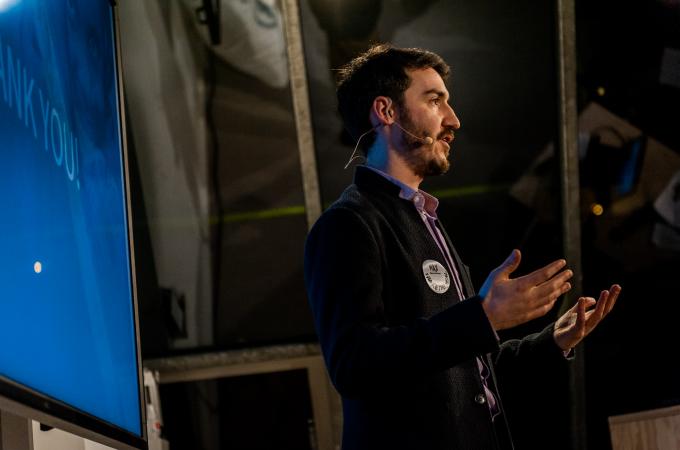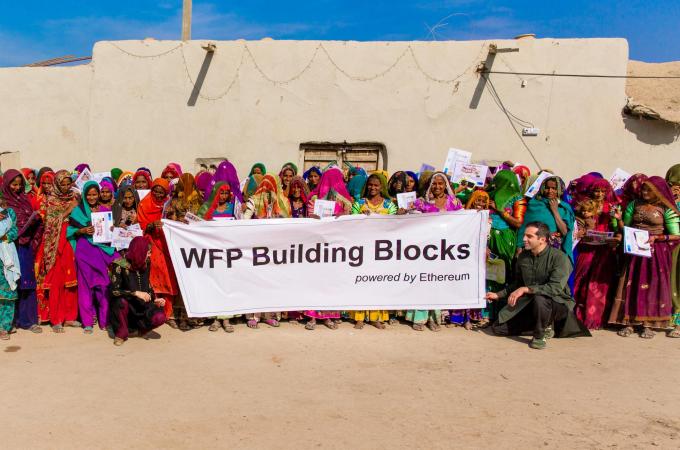The responsible use of innovation and technology enables WFP to build pathways to peace, stability, and prosperity for those recovering from conflict, disasters, and the impact of climate change. Blockchain technology is part of that solution. Building Blocks is designed to let people securely access assistance to meet their household essential needs according to their priorities.
Food, nutrition, education, health and other requirements can only be meaningfully addressed by meeting a household’s range of essential needs at the same time. Building Blocks enables people to receive different types of assistance from multiple humanitarian organizations in one “go”, reducing the complexity of accessing humanitarian support. Concurrently, no sensitive information, such as names, dates of birth, or biometrics, are stored anywhere on Building Blocks. The system uses anonymous identifiers to ensure the privacy and security of people served.
